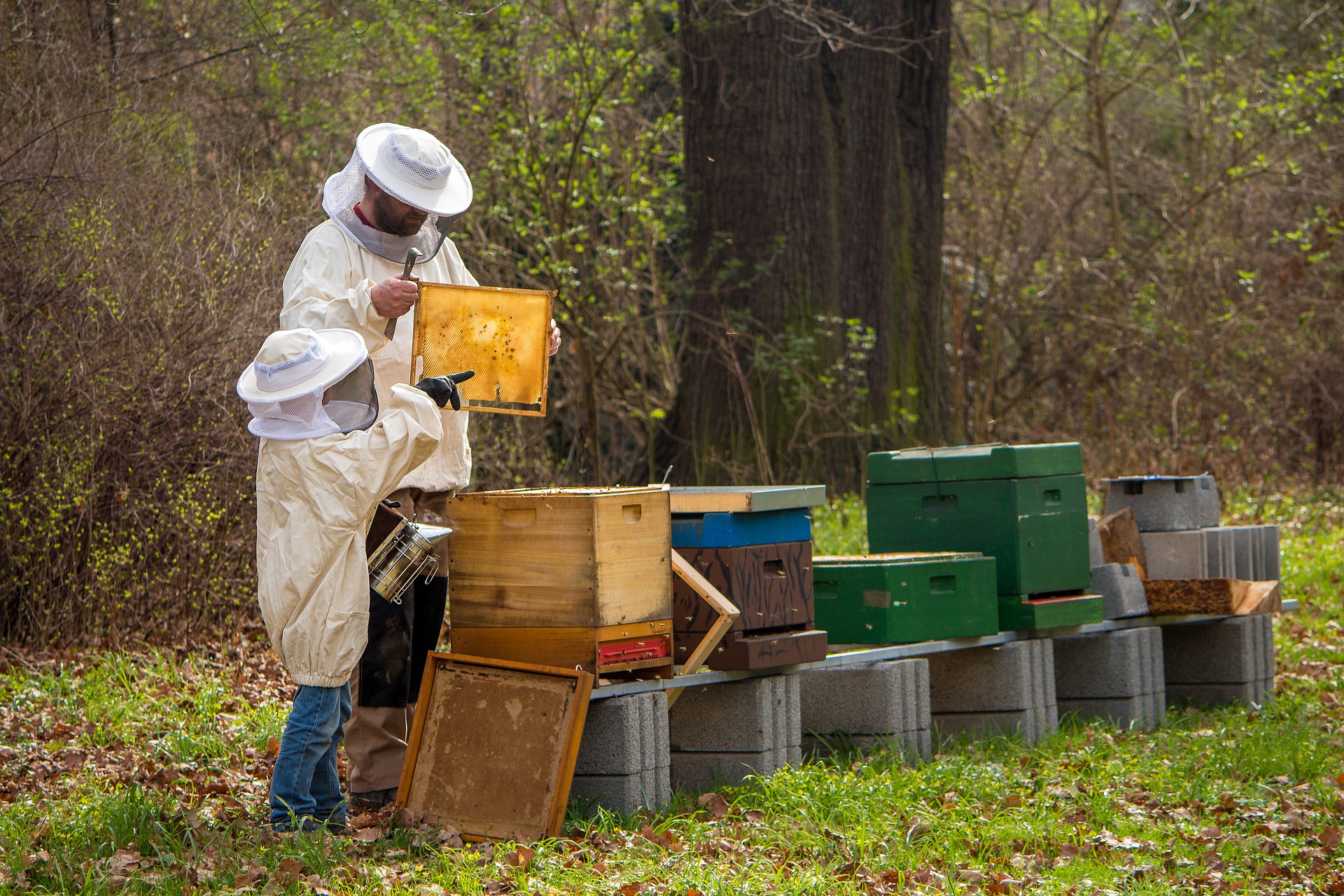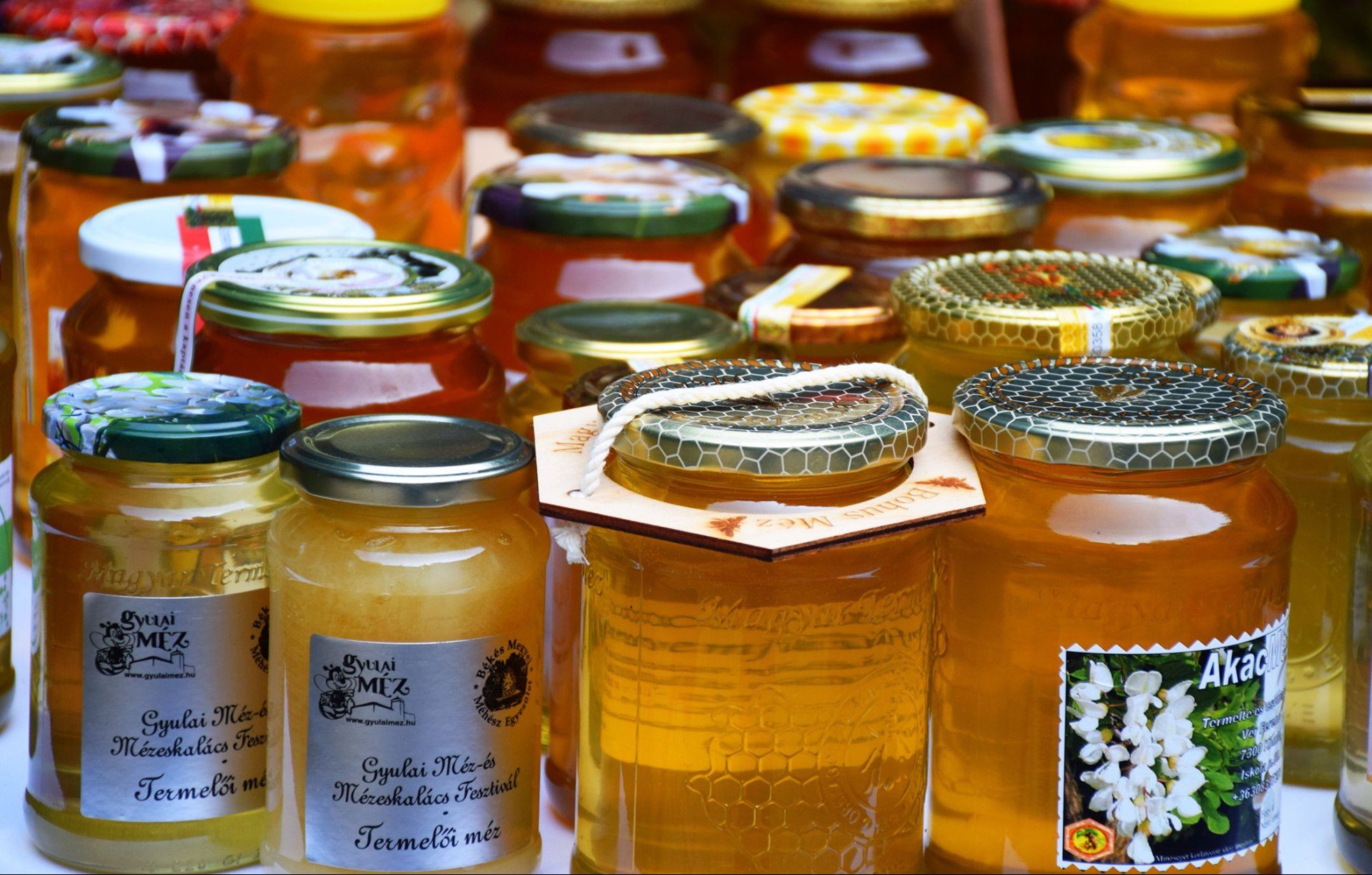
Counterfeit Asian products and Ukrainian honey are squeezing Hungarian honey out of export markets.Continue reading

The volume of Ukrainian honey imports has exceeded the EU quota of more than 44,000 tons, therefore the European Commission (EC) has two weeks to initiate the process, as a result of which honey from Ukraine may once again only enter the European Union subject to the payment of customs duties.
For Hungarian beekeepers exporting 10-20,000 tons of honey to Western Europe every year, it is a key issue to improve market opportunities there, as the extremely low-priced honey coming from outside Europe has limited sales opportunities on foreign markets and pushed down domestic prices. The EU measures, which extended EU imports of Ukrainian products without duties and quantitative restrictions for one year until June 5 next year, came into force at the beginning of June, says the statement of the Ministry of Agriculture.
The so-called Autonomous Trade Measures (ATMs) give the Ukrainian economy access to the EU market, while at the same time the EC has introduced an emergency brake mechanism for particularly sensitive agricultural products, notably poultry, eggs, sugar, oats, wheat, maize and honey, in response to strong action by the European agricultural sector.
Under this mechanism, if imports of these products exceed the average of the import volumes recorded in the second half of 2021 and in the whole of 2022 and 2023, duties may be reintroduced on honey products arriving above this quantitative quota, the ministry says. The statement adds that the EC has set the quantity of honey that can be imported from Ukraine at a preferential duty of 0 percent at 44.4 thousand tons, with a duty of 17.3 percent on batches after the quota is filled. The emergency brake mechanism has so far been applied to oats, eggs and sugar.
Last year, Ukraine accounted for 30 percent of the 163,000 tons of total honey imports into the EU from third countries, with more than half of this honey going to Germany, Poland and France. In Western European markets, this is what high-quality Hungarian honey has to compete on price.
The ministry underlines that
it is of utmost importance to keep the interests of consumers in mind, and in this context the EU honey labelling rules will be changed at the initiative of Hungary.
This means that from 2026 at the latest, all honey mixtures must indicate the country of origin on the packaging of all honey mixtures in the EU, with the percentage of each country.
Beekeeping is a key sector in Hungarian agriculture and Hungary has made it possible – in a unique way in Europe – to exempt beekeeping activities from taxes. Between 2023 and 2027, the sector will receive around EUR 42.7 million in targeted support, including government budget funding. For the first time in the EU, Hungary has introduced animal welfare support for beekeepers, amounting to EUR 15 per hive per year, to help maintain healthy bee populations. In addition, for the past 5 years, Hungarian beekeepers have been receiving a so-called bee health subsidy of HUF 1,000 (EUR 2.51) per hive per year for every 1 million hives.
Via MTI, Featured image: Facebook/Országos Magyar Méhészeti Egyesület OMME